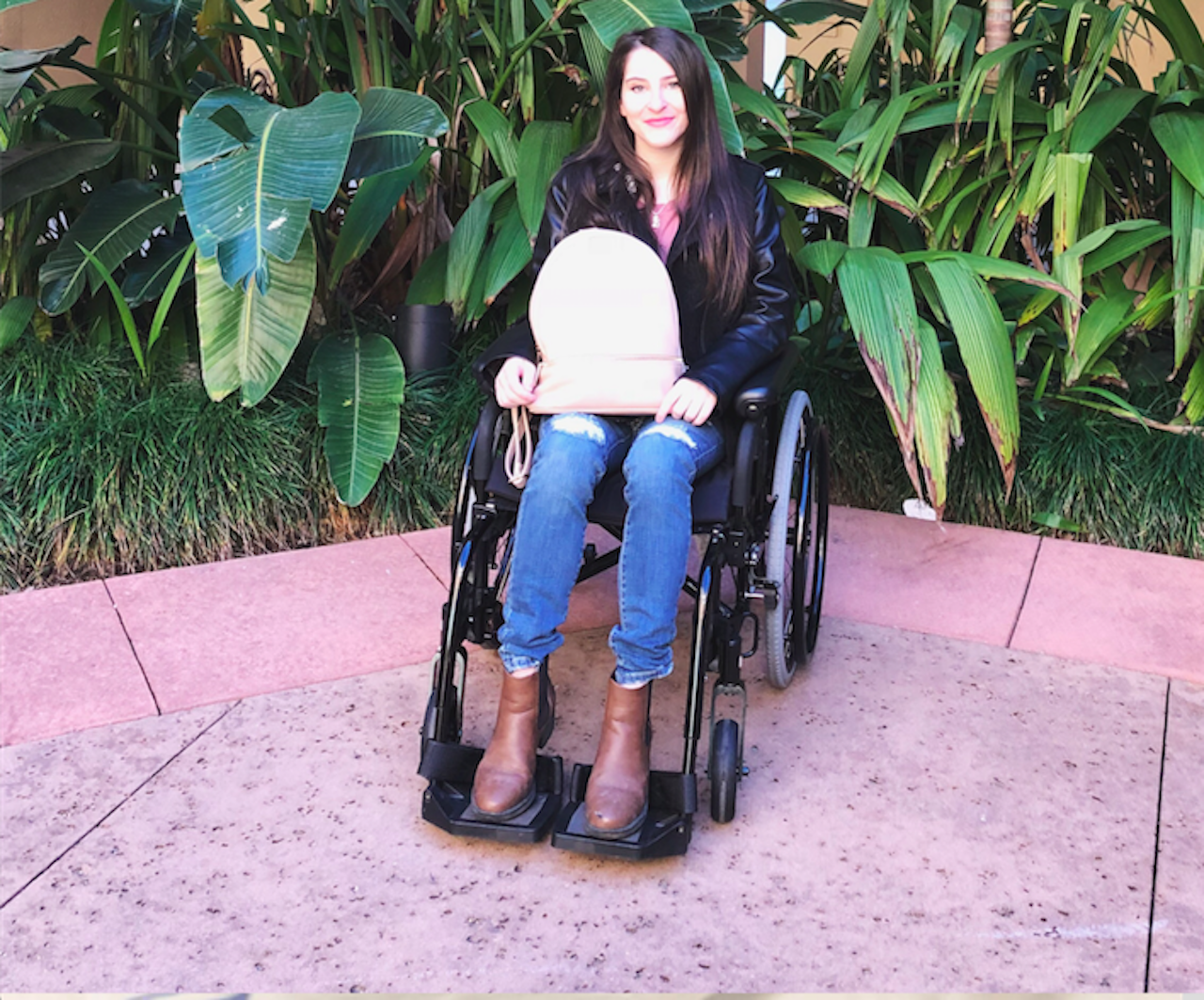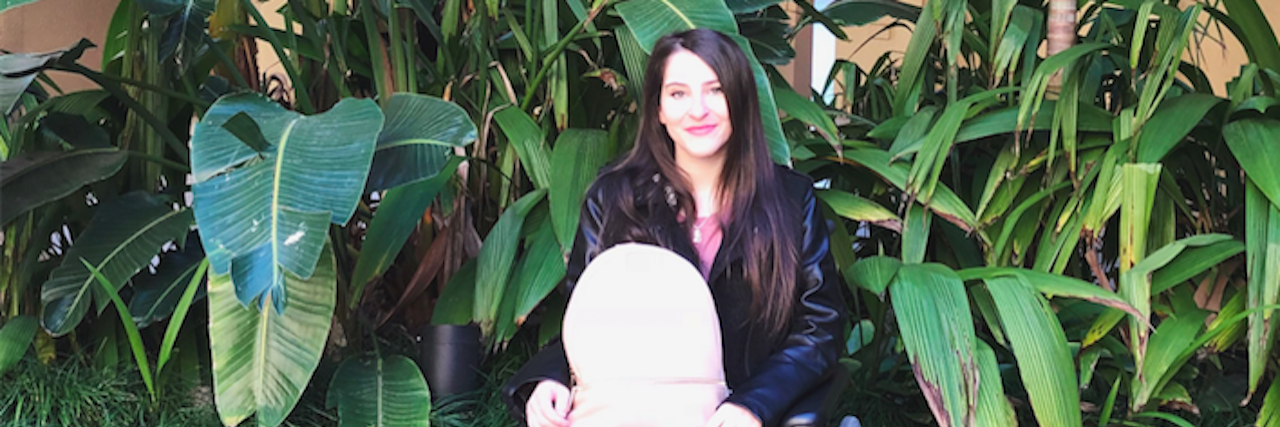1. No matter how much medical knowledge you have or think you have, there will always be a disease you’ve never heard of.
After six years of illness, I remember be shocked when my doctor told me she thought I had stiff-person syndrome. Because let me tell you, I had done my research over the years. I knew about plenty of rare diseases. But I had definitely never heard of that one.
2. Doctors are human.
As much as we like to think they’re some sort of magical database of knowledge, they’re not. And when you have a rare disease, they often have to Google it in front of you.
3. You should probably have a short version of an explanation prepared for when people ask about your disease. Because they will, and sometimes it’s hard to explain.
4. With rare diseases, it is rare to be diagnosed in a timely manner…
for obvious reasons. The doctors you’re first seeing might not even know this disease exists. And maybe you’ve even heard, “It’s rare so you probably don’t have it.”
5. You learn to appreciate the people who stick by you.
Going for years and years of barely being able to leave the house much, so many friendships can get lost. But those ones who stay, those are the keepers.

6. Compassion.
You learn compassion and you gain wisdom. Because you’ve gone through an ordeal. Maybe it was years of doctors not believing you. Maybe it was friends slowly disappearing. Maybe it was your family being unsupportive. Now you have learned to believe in others. You’ve learned good friends are worth more than money can ever buy. You’ve learned you want to be there for others whose families might not be
there for them. Because family isn’t always blood.
7. The importance of advocacy.
Our disease are under-researched and underfunded, and that is part of the reason we wait so long for a diagnosis.
8. Communicating with someone who also has your disease is like finding a long lost brother or sister.
And the bonds you form will be unbreakable.
9. Sometimes, you learn to be somewhat OK with being an experiment.
Your disease is rare, and it might be your doctors first time treating it, so they are learning along with you. They are doing what they can and trying treatments they think will work on you, and while some of those treatments may help, some of them will not.
10. “When you hear hoofbeats, think horses, not zebras.” Well, sometimes it’s a zebra, and sometimes that zebra is you.
And you learn to make noise, so other zebras are heard also.
Follow this journey on Love, Light and Insulin.
We want to hear your story. Become a Mighty contributor here.

